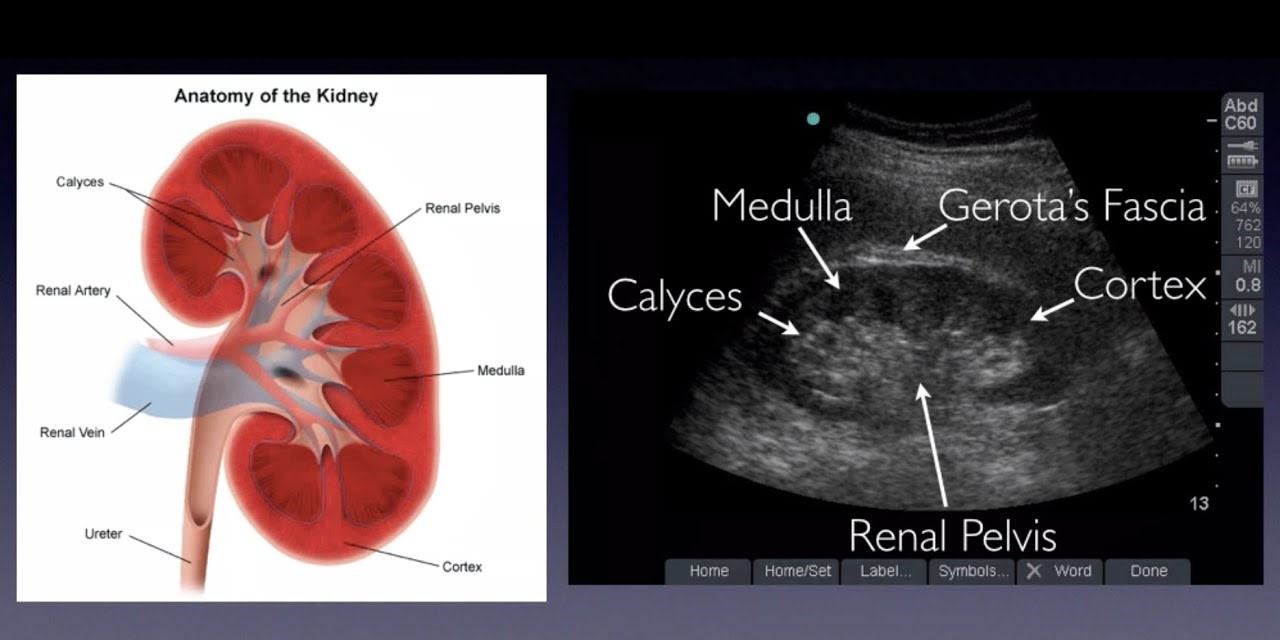
Renal ultrasound
A renal ultrasound is a non-invasive imaging test that evaluates the kidneys, bladder, and surrounding structures. Doctors use this procedure to detect abnormalities, diagnose conditions, and monitor kidney health. By utilizing high-frequency sound waves, a renal ultrasound creates detailed images of the kidneys and urinary tract in real time.
How a Renal Ultrasound Works
During a renal ultrasound, a trained technician applies a gel to the patient’s abdomen or lower back. The technician then moves a handheld device called a transducer over the skin. The transducer emits sound waves that bounce off the kidneys and other organs, producing images on a monitor. These images help doctors assess the size, shape, and structure of the kidneys, as well as identify issues like cysts, tumors, or blockages.
Why Doctors Recommend a Renal Ultrasound
Doctors recommend a renal ultrasound to diagnose various kidney-related conditions. This imaging test detects kidney stones, cysts, infections, and congenital abnormalities. It also evaluates blood flow to the kidneys, identifies blockages in the urinary tract, and monitors the progression of chronic kidney disease. Additionally, a renal ultrasound helps guide biopsies or other medical procedures.
Benefits of a Renal Ultrasound
A renal ultrasound offers several advantages. It is painless, radiation-free, and safe for patients of all ages, including pregnant women. The procedure requires no special preparation, and patients can resume normal activities immediately afterward. With its ability to provide clear, real-time images, a renal ultrasound is a reliable tool for diagnosing and managing kidney conditions.
What to Expect During the Procedure
A renal ultrasound typically takes 20 to 30 minutes to complete. Patients lie on an examination table while the technician performs the scan. The procedure is painless, though patients may feel slight pressure from the transducer. After the scan, a radiologist analyzes the images and shares the results with the patient’s doctor, who will discuss the findings and recommend further steps if necessary.Contact Us
Conclusion
A renal ultrasound is a vital diagnostic tool for assessing kidney health. By providing detailed images of the kidneys and urinary tract, this procedure helps doctors detect and manage a wide range of conditions. If you experience symptoms like flank pain, blood in the urine, or frequent urinary infections, consult your doctor about whether a renal ultrasound is right for you. Early detection and treatment can significantly improve kidney health and overall well-being.Schedule your Consultation with Dr. Ritesh Nawkhare
